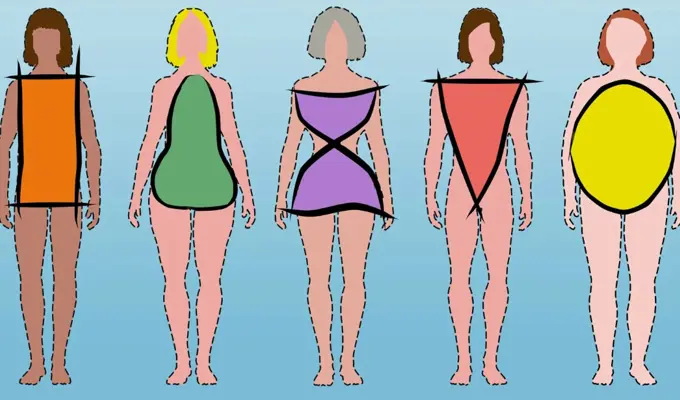What is a Calorie, And why i should calculate my calories?
The calorie is a unit of energy from the caloric theory of heat. The large calorie, also called the food calorie, is the heat needed to raise the temperature of one liter of water by one degree Celsius. In comparison, the small calorie is the heat needed for the same temperature increase in one milliliter of water. 1 large calorie equals 1000 small calories.
SIGN UP FOR YOUR FREE DAY PASS TODAY!
With the GymNation Calorie Calculator, you can easily learn how many calories your body needs for your gym activities. You can also discover the caloric content of common foods. All our data comes from USDA FoodData Central, ensuring accurate and reliable information.
How our Calorie Calculator works
Our Calorie Calculator is designed to provide accurate and personalized results. Here's how it works:
Harris-Benedict Equation:
- This was one of the first methods for calculating Basal Metabolic Rate (BMR). It was refined in 1984 for improved accuracy.
-
For men: BMR = 13.397W + 4.799H - 5.677A + 88.362
-
For women: BMR = 9.247W + 3.098H - 4.330A + 447.593
W= weight in kilograms, H= height in centimetres, A= age in years
Mifflin-St Jeor Equation:
- This newer method has surpassed the Harris-Benedict Equation in precision for most people, making it the preferred choice for BMR estimation.
-
For men: BMR = 10W + 6.25H - 5A + 5
-
For women: BMR = 10W + 6.25H - 5A - 161
W= weight in kilograms, H= height in centimetres, A= age in years
Katch-McArdle Formula:
- This formula includes lean body mass in its calculations, making it especially accurate for those who know their body fat percentage.
- Men/Women BMR = 370 + (21.6 × Lean Body Mass kg)
W= weight in kilograms, H= height in centimetres, A= age in years
what our CALORIE CALCULATOR can do
1. Maintenance Calorie Calculator
GymNation Calorie Calculator now includes a maintenance calorie calculator feature. specially designed for gym enthusiasts! This amazing tool helps you find out exactly how many calories you need to maintain your current weight while keeping up with your intense gym routine. Knowing your Basal Metabolic Rate (BMR) is key to meeting your daily calorie needs and hitting your peak performance. Give it a try now and take the first step towards smashing your gym goals!
2. calorie deficit calculator
Stop searching for a calorie calculator to lose weight! GymNation's Calorie Calculator now includes a cutting feature. This feature helps you calculate the exact calorie deficit needed to reach your desired weight and estimates the time it will take to get there. Take control of your fitness journey and start seeing results with GymNation today!



















































































